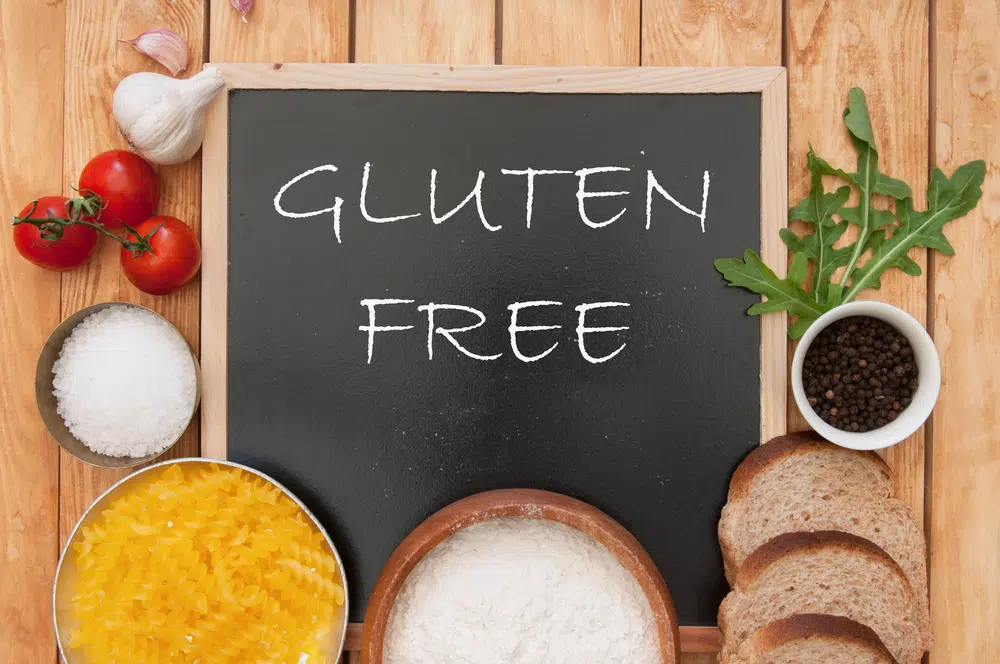Gluten-free meals have become quite popular among people who are conscious about their nutrition and dietary choices. They are beneficial for individuals with Celiac disease. However, even those without a formal diagnosis are embracing this trend. It’s important to note that a gluten-free diet is generally safe and does not pose any immediate health risks. There are Misconceptions about its nutritional value that need to be addressed. Before we explore the details of this diet, let’s first understand what exactly gluten is.

While gluten is derived from wheat, it is a type of protein. It is the main storage protein found in wheat kernels, accounting for about 90% of them. Gluten is formed when wheat flour is mixed with water and kneaded, resulting in the sticky texture of dough.
Gluten plays a crucial role in enhancing the quality of baked goods, such as bread, other dough-based products like cakes, cookies, and pasta. It acts as a binding agent due to its heat-stable properties and high elasticity, helping to retain moisture. It is sometimes added to certain foods, like soy sauce, to enhance their flavor. Therefore, it’s not just wheat-based products that may contain gluten, but other foods as well.
Is a gluten-free diet a healthier choice?
When it comes to comparing a gluten-free diet with a regular diet, it’s important to understand that gluten-free doesn’t automatically make it more nutritious. The primary purpose of a gluten-free diet is to cater to individuals with celiac disease, a genetic condition that triggers adverse autoimmune reactions upon gluten consumption. In celiac disease, the immune system mistakenly attacks the intestinal cells when gluten is present, leading to symptoms like Diarrhea and Abdominal pain.
Therefore, the exclusion of gluten from a diet doesn’t add any extra nutritional value; it simply eliminates this particular protein found in wheat. In fact, nutrients such as folic acid and iron may be significantly reduced in gluten-free foods since wheat is no longer part of the equation. Additionally, in order to achieve similar textures to regular foods, gluten-free alternatives often require more sugar and fat.
You may have come across diet plans that emphasize the benefits of going gluten-free. However, in theory, these plans are effective because they usually involve reducing processed foods and high-carbohydrate meal options, which often contain gluten. The underlying principle remains the same: by cutting down on the consumption of sugar, fat, and other high-energy components.
It’s important to note that this article is not advocating for the complete elimination of a gluten-free diet. Except those who suffer from celiac disease, the population tolerates gluten sensitivity or wheat sensitivity are who also requires elimination of gluten from routine diet.
It is crucial to consult with a medical professional and gain a comprehensive understanding of your own body’s situation before making any significant dietary changes. Your doctor can provide valuable guidance and help you make informed decisions about whether a gluten-free diet is appropriate for you.
TAGS: Gluten free diet, Health, Diet food
Picture Reference
https://www.google.com/url?sa=i&url=https%3A%2F%2Fnewsnetwork.mayoclinic.org%2Fdiscussion%2Fgluten-free-diet-basics%2F&psig=AOvVaw1WuyEdf_ngRFCgA_mfy5DK&ust=1702101595484000&source=images&cd=vfe&opi=89978449&ved=0CBIQjRxqFwoTCJjz-_CU_4IDFQAAAAAdAAAAABAN




